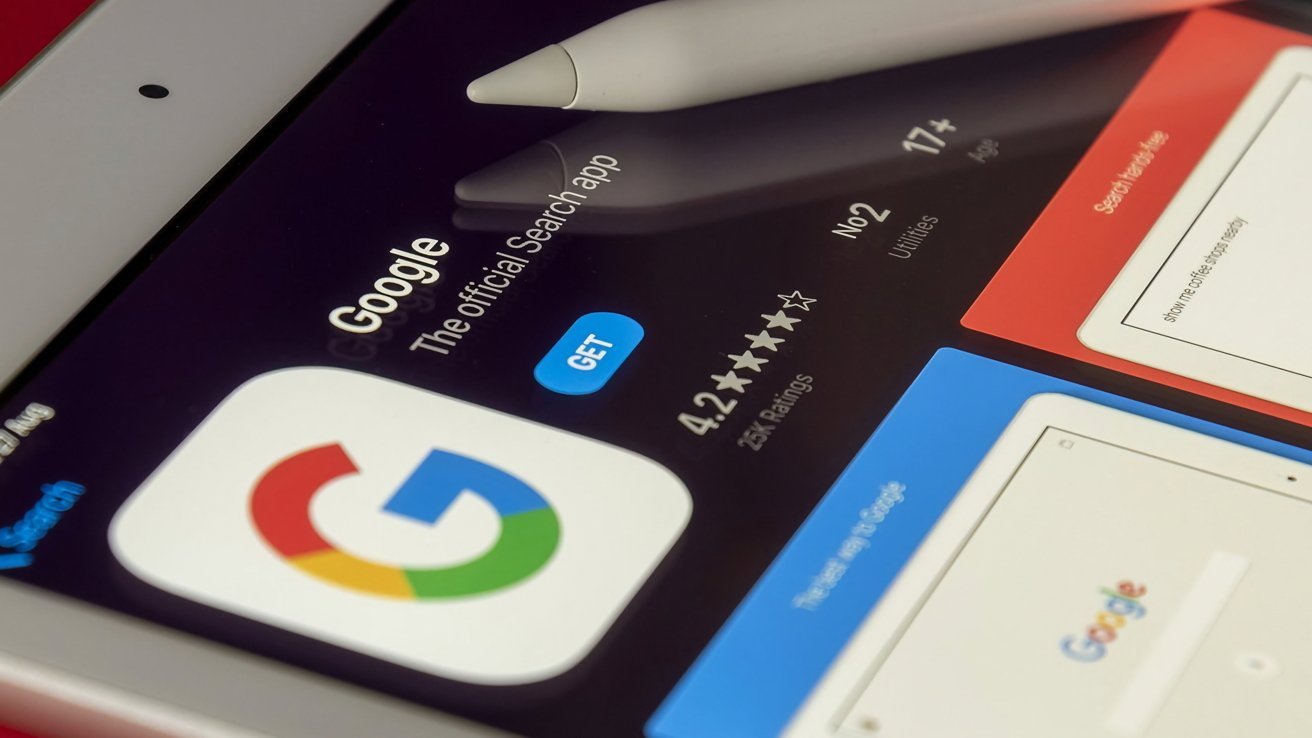Google violated antitrust law in the United States, a federal judge has ruled, with Google ruled by the court to have monopolized advertising and search.
The U.S. Department of Justice antitrust lawsuit against Alphabet, the parent company of Google, has hit an important development. According to Judge Amit Metha and after a ten-week trial, Google has been ruled to be in breach of Section 2 of the Sherman Act.
"Google is a monopolist, and it has acted as one to maintain its monopoly," the ruling states.
The ruling means the court agrees with the DOJ's accusation of Google acting as an illegal monopoly in the search market as well as in online advertising. However, the ruling only determines Google's liability, and not any fines or other restitution.
This is not the only DOJ lawsuit Google faces in 2024. Starting September 9th, it will be facing another trial, covering the advertising technology side of its empire.
In a comment on Monday evening, Kent Walker, Google's President of Global Affairs, chimed in on the ruling.
This decision recognizes that Google offers the best search engine, but concludes that we shouldn't be allowed to make it easily available. We appreciate the Court's finding that Google is 'the industry's highest quality search engine, which has earned Google the trust of hundreds of millions of daily users,' that Google 'has long been the best search engine, particularly on mobile devices,' 'has continued to innovate in search' and that 'Apple and Mozilla occasionally assess Google's search quality relative to its rivals and find Google's to be superior.'Given this, and that people are increasingly looking for information in more and more ways, we plan to appeal. As this process continues, we will remain focused on making products that people find helpful and easy to use.
A massive ruling
The lawsuit from the DOJ argued that Google maintained a monopoly by paying billions of dollars to firms, so it was the most prominent or first choice for consumers.
Apple was the recipient of some of the payments, with the iPhone maker handed $20 billion from Google in 2022. The payment was to maintain its default search engine status.
As part of proceedings, a trio of Apple executives were subpoenaed for testimony, which Apple failed to quash. SVP of Services Eddy Cue, SVP of Machine Learning and AI Strategy John Giannandrea, and VP of Corporate Development Adrian Perica were all called upon to give evidence.
The $20 million figure was actually disclosed by Eddy Cue during the trial, and came to light following an unsealing of testimonies.
During the trial, it was also revealed that Microsoft tried to make Bing the default search engine for Safari, by offering Apple 90% of its advertising revenue. Microsoft also offered to sell Bing to Apple in 2020.
A possible financial hole
The regular billion-dollar payments from Google to Apple may be lucrative for the latter, but it may not necessarily continue. In July, Google was reportedly keen to lessen its dependence on Apple for search traffic and revenue.
Apple's payment from Google represented a 36% cut of Google's ad revenue from searches performed through Safari on iPhone.
Following the DOJ's win in the lawsuit, this now means the annual payment itself could be at risk. With the potential for Judge Mehta to order for Google to be broken up, it's even more probable that the gravy train will come to an abrupt stop.
Update August 5, 6:08 PM ET: Updated with a quote from Google responding to the ruling.
 Malcolm Owen
Malcolm Owen







-m.jpg)






 Christine McKee
Christine McKee
 Marko Zivkovic
Marko Zivkovic
 Mike Wuerthele
Mike Wuerthele

 Amber Neely
Amber Neely
 Sponsored Content
Sponsored Content
 Wesley Hilliard
Wesley Hilliard










23 Comments
2 down 1 to go.
Kind of accurate. The search agreements were ruled to be monopolistic. But the court also found that general search advertising is not a market, and so there can be no monopoly control.
Take meta down next.